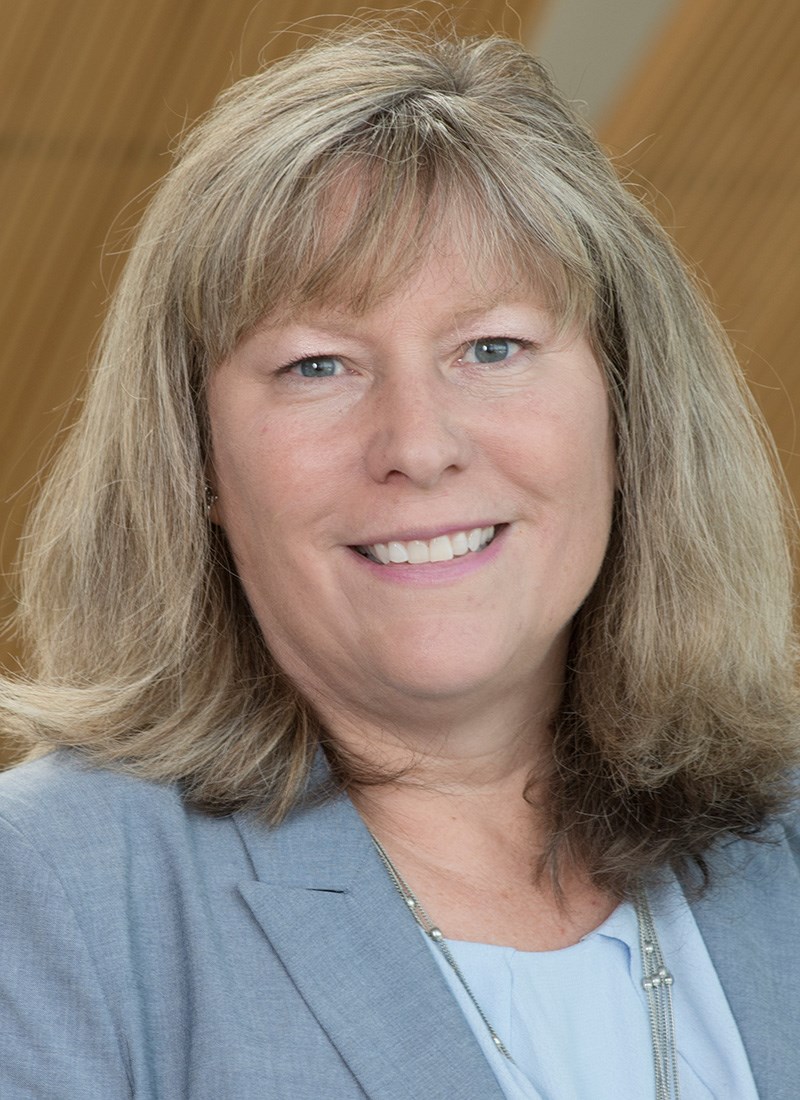Expertise
Science Education, Faculty Professional Development, Professional Learning Communities
Research Interests
Rural and indigenous identity development as science learners, community-based science learning, the confluence of formal and non-formal science pedagogies, inquiry-based pedagogies, faculty development.Education
Ph.D. Louisiana State University - Science Education with an emphasis in ecology, 1993
B.S. University of Massachusetts Wildlife Biology/ Botany, 1983
Biosketch
I have maintained a robust, grant-funded research agenda in science education and faculty engagement over the last 25 years.
My last National Science Foundation-funded research investigated how community-based science learning affected the motivation of rural and indigenous middle school children to learn science.
My faculty engagement research focused on how to effectively use interdisciplinary professional development communities to elevate the research, teaching, and leadership of faculty.
Selected Awards and Honors
HERS Leadership Institute for Women in Higher Education Administration Award
UNH Teaching Excellence Award
Hortenese Cavis Shepherd Professorship
Selected Publications
Honwad S. et al. (2019) Connecting Formal Science Classroom Learning to Community, Culture and Context in India. In: Koul R., Verma G., Nargund-Joshi V. (eds) Science Education in India. Springer, Singapore. https://doi.org/10.1007/978-981-13-9593-2_8
Abrams E., Middleton, M., Honwad, E., Jablonski, E., Eckert, R., & Varner, R. (January 2017). Using systems mapping as an organizing framework for planning scientific investigations, Science Scope, 24-31.
Ellwood, R., & Abrams, E. (2017). The social side of science: How flow theory leads to increased student motivation ad achievement in inquiry-based science. Cultural Studies in Science Education. doi:10.1007/s11422-016-9769-x
Abrams, E., & Middleton, M. (2016). FORUM: Towards multidimensional approaches to research on rural education, Cultural Studies in Science Education. Published online but will be published in a journal issue later this year. doi:10.1007/s11422-016-9748-2
Dupris, J. & Abrams, E. (2016). Student science achievement and the integration of Indigenous knowledge on standardized tests, Cultural Studies in Science Education. Published online but will be published in a journal issue later this year. doi:10.1007/s11422-016-9728-6
French, C., Williams, J.E., Tang, J., Abrams, E., Townson, L., Sabin, M., Sandmann, L.R., & Wake, C. (2013). The University of New Hampshire Engaged Scholars Academy: Instilling in faculty principles of effective partnership. Journal of Public Scholarship in Higher Education, 3, 19-42.
Abrams, E., Taylor, P.C., & Gou, C. (2013). Contextualizing culturally relevant science and mathematics teaching for indigenous learners. International Journal of Mathematics and Science Education, 11(1), 1-21.
Kidman, J., Yen, C-F., Abrams, E. (2013) Indigenous students experiences of the hidden curriculum in science education: A cross-national study in New Zealand and Taiwan. International Journal of Mathematics and Science Education, 11(1), 43-64.
Williams, J.E., Wake, C., Hayden, L., Abrams, E., Hurtt, G., Rock, B., Graham, K., Hale, S., Porter, W., Blackmon, R., LeCompte, M., and Johnson, D. (2011) Building a Model of Collaboration between Historically Black and Historically White Universities. Journal of Higher Education Outreach and Engagement, 15(2), 37-57.
Selected Contracts, Fellowships, Grants and Sponsored Research
Contextualizing Science Learning and Motivation in Rural and Indigenous Adolescents through Mapping Sustainable Practices, Principal Investigator,, National Science Foundation (NSF) Informal Science Education Grant (2011-2017) ($1,199,480)
Standards-based science courses for preservice elementary teachers, Designated Grant Status by NH Space Grant Consortium, NASA, Principal Investigator, (1999-2017) ($15,000)
Watershed Watch, Co-Principal Investigator, National Science Foundation, (2005-2010) ($900,000)
Planning for International Collaboration to Study How Science Learning and Ecological Literacy Are Enhanced Through Place-Based Curriculum in Indigenous Cultures, Co-Principal Investigator, National Science Foundation, (2009-2010). ($19,000)
Planning for International Collaboration to Study How Ecological Literacy Is Enhanced Through Place-Based Curriculum in Four Indigenous Cultures, Principal Investigator, National Science Foundation, (2008). ($24,000)

